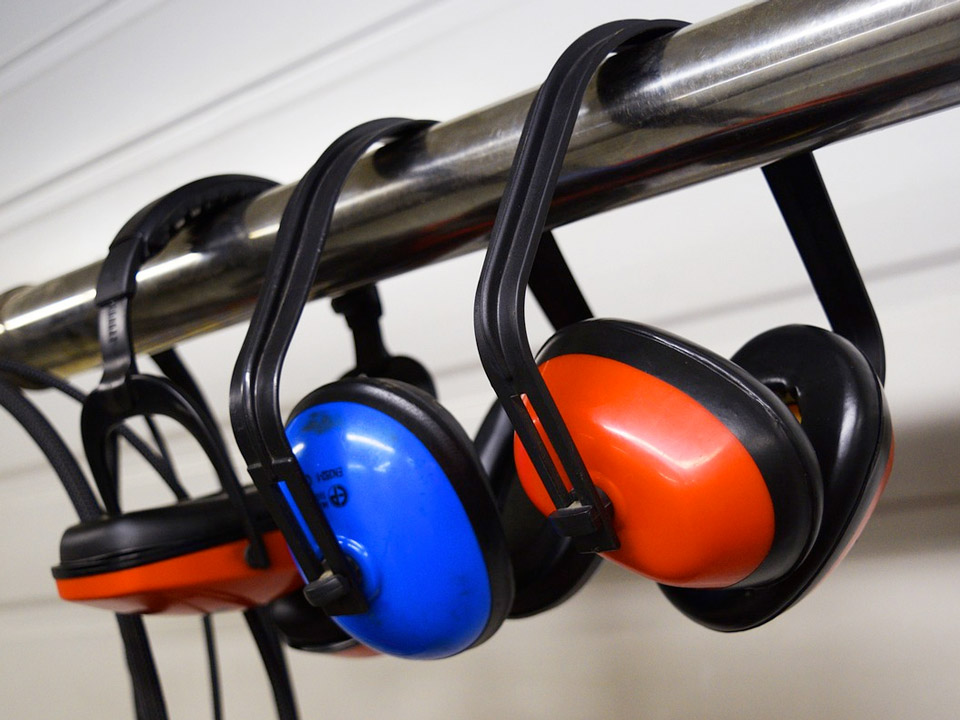Listen and protect
Hearing loss is recognized as a serious health hazard to the health and wellbeing of employees.
And there’s plenty of ways to control this.
 Employers are bound by law to ensure a daily duty of care to protect the employees from noise hazards at work. Following health and safety guidelines, UK businesses have taken constant steps in recent years to reduce the impact of noise pollution on employees’ hearing.
Employers are bound by law to ensure a daily duty of care to protect the employees from noise hazards at work. Following health and safety guidelines, UK businesses have taken constant steps in recent years to reduce the impact of noise pollution on employees’ hearing.
While body injuries are the most obvious outward sign of industrial accidents and their effects, industrial deafness hearing loss is now recognized as a serious hazard to employee health and wellbeing. Unlike the immediate effect of body injuries, accidents, hearing loss can take years to manifest, but the problems can still be permanent.
Impairment or reduction in hearing caused by noise in a working environment is often referred as occupational deafness. It’s caused by excessive force being placed on the hearing organs by the rippling effect, the energy and the sound waves reverberating through the ear. The louder the sound is, the greater the energy and the force of the impact, and it can physically injure the ear.
There are different types of noise. Don’t take even for granted, they say, if you’re standing a meter away from a person and you can’t hear them talking, then obviously the noise around you is far too loud. There’s also lots of different types of noise. Sometimes it’s very unpleasant and disturbing to the body. It can cause distress, discomfort, and pain. There could be a continuous noise, intimate noise, the impulse noise and the short pulses of noise.
You need to protect your ears
You need to make sure you have a risk assessment in place. Provide employees with training, information and provide them with hearing protection as per your risk assessment.
If there is one piece of machinery that’s extra noisy, maybe isolate it, put it in a different area. Provide your staff with information, instruction, training. Allow staff to rotate working within that area. Carry out health surveillance and know what the legal limits are. You also need to maintain and ensure regular cleaning of the equipment.
If you require any further information please contact joanne@chestnutassociates.co.uk


